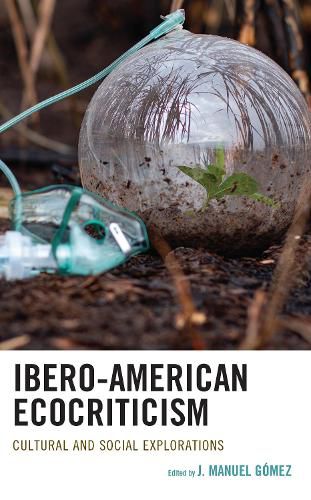Readings Newsletter
Become a Readings Member to make your shopping experience even easier.
Sign in or sign up for free!
You’re not far away from qualifying for FREE standard shipping within Australia
You’ve qualified for FREE standard shipping within Australia
The cart is loading…






Ecocriticism: The Ibero-American Experience presents a distinct view of the diverse social and physical geographies of the Americas, their political and cultural connections to the Iberian Peninsula, and their relationship to the environment in its diverse representations. The topics ranging from myths and legends, poetics, young adult literature, arts and performance, to cinematography by women dialogue across chapters reveal a persistent usage of nature and environment as recurrent themes. Through visual and plastic arts, as well as poetic narratives of social utopias/dystopias, the contributors provide original readings on the effects of societal views and struggles to protect and consciously exploit the natural world. The uniqueness of this book relies therefore on the geographical and cultural approach to the poetics of nature and its metaphorical and physical embodiment, place and geography through utopian and dystopian world recreation and representation, and finally the nexus with ecology and social actors.
$9.00 standard shipping within Australia
FREE standard shipping within Australia for orders over $100.00
Express & International shipping calculated at checkout
Ecocriticism: The Ibero-American Experience presents a distinct view of the diverse social and physical geographies of the Americas, their political and cultural connections to the Iberian Peninsula, and their relationship to the environment in its diverse representations. The topics ranging from myths and legends, poetics, young adult literature, arts and performance, to cinematography by women dialogue across chapters reveal a persistent usage of nature and environment as recurrent themes. Through visual and plastic arts, as well as poetic narratives of social utopias/dystopias, the contributors provide original readings on the effects of societal views and struggles to protect and consciously exploit the natural world. The uniqueness of this book relies therefore on the geographical and cultural approach to the poetics of nature and its metaphorical and physical embodiment, place and geography through utopian and dystopian world recreation and representation, and finally the nexus with ecology and social actors.